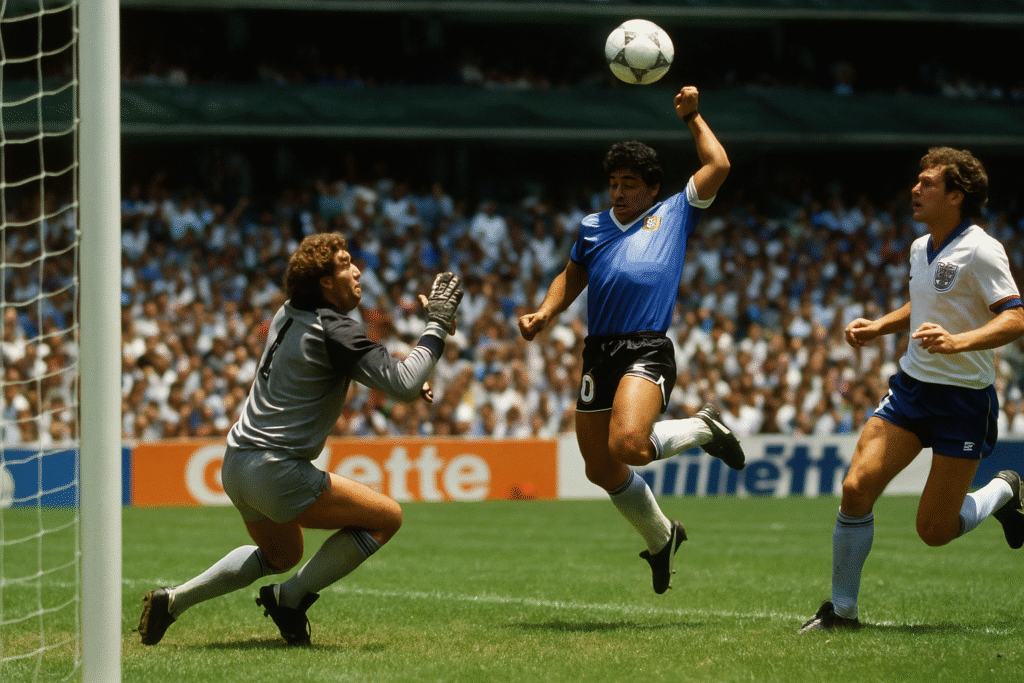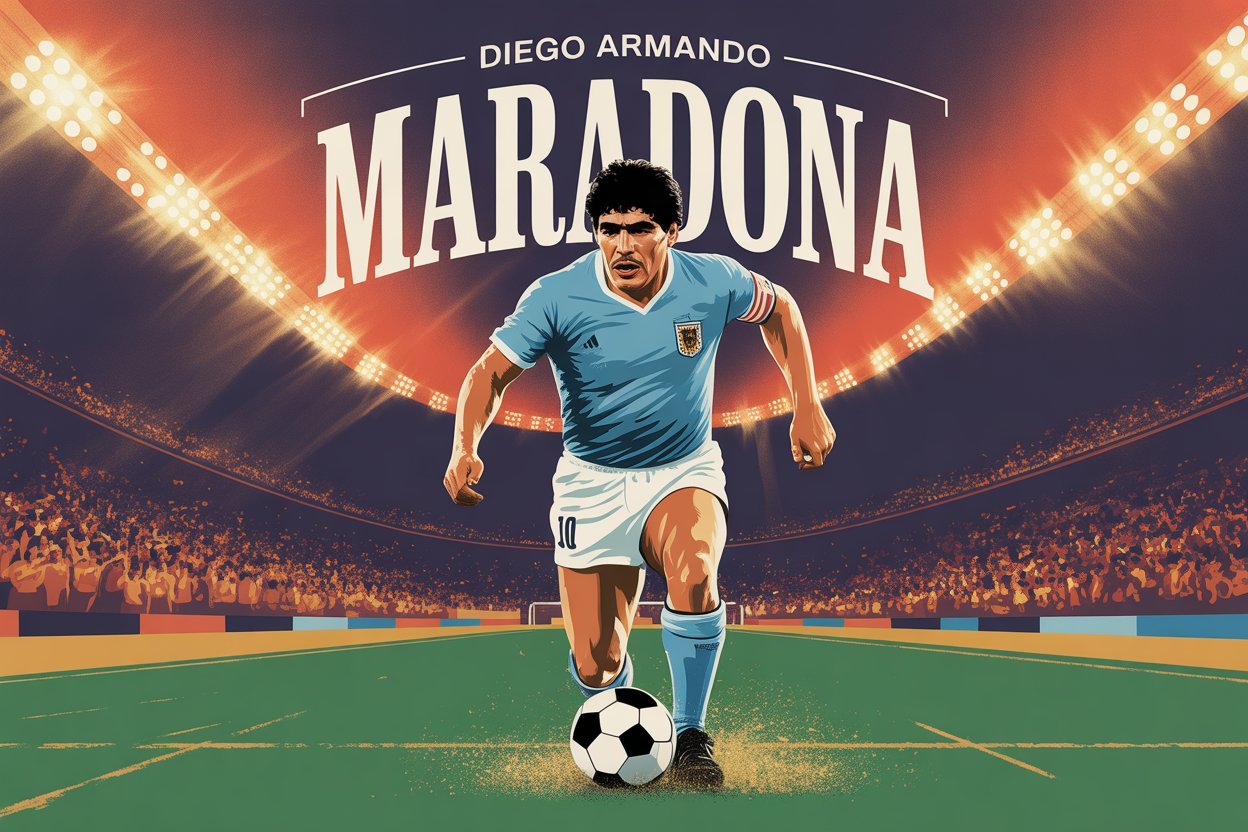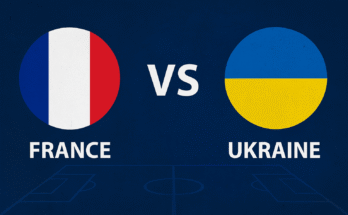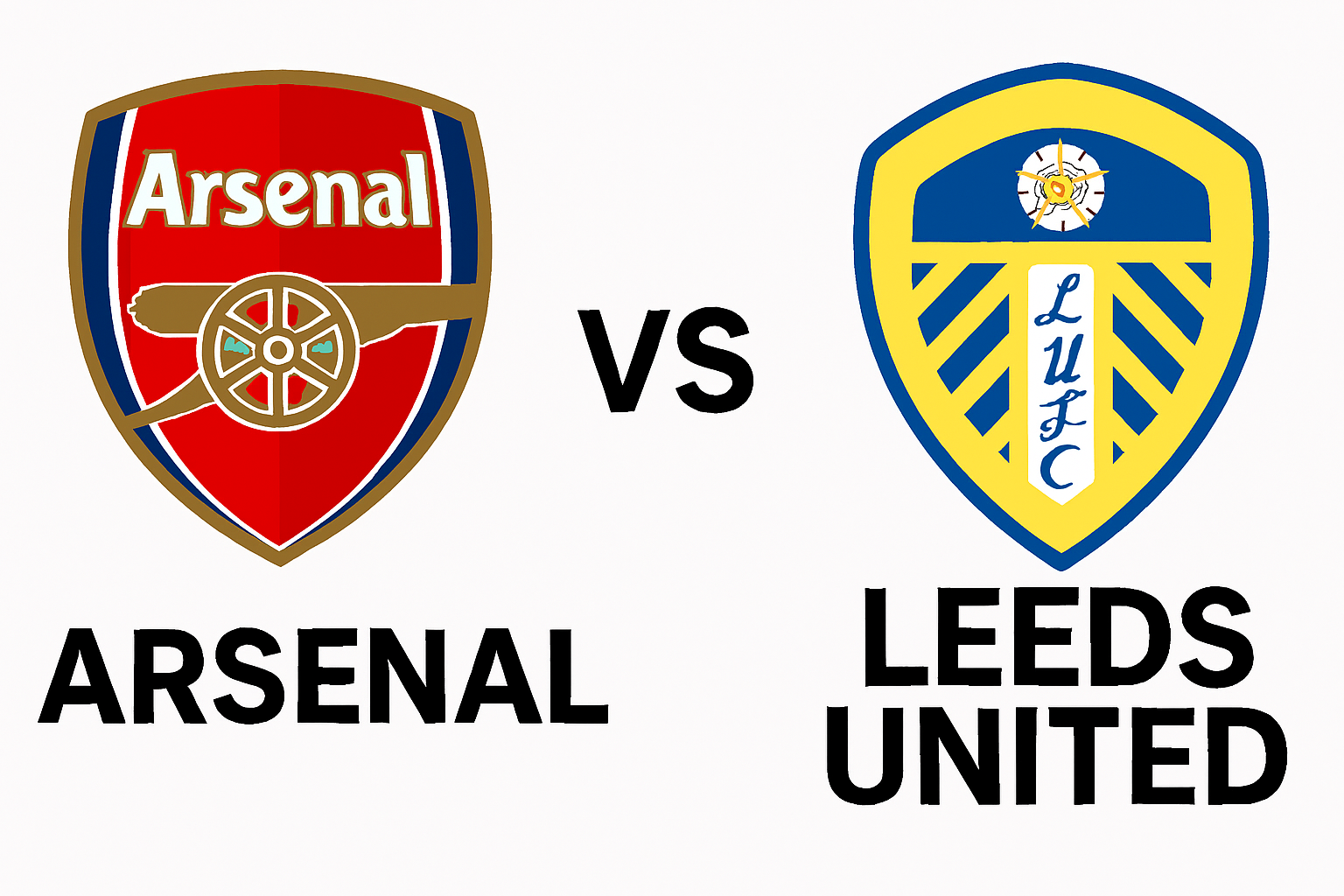In the rich and lengthy history of football, there are not many names that can match the intrigue and reverence associated with Diego Maradona. While he is respected for his incredible skill at the ball, he was just as famously controversial for his bohemian antics and personality. His legacy was cemented during Mexico 1986, when, as captain, he joyously led the Argentine national team to their second World Cup title and undoubtedly made his mark on sporting history. This article will outline Diego Maradona’s famous 1986 triumph, the infamous “Hand of God” goal, his incredible dribbling, and highlight the cultural legacy he left behind.
Diego Maradona and the 1986 World Cup Journey
It was a hot summer in Mexico in 1986, but nothing was hotter than Diego Maradona. At 25 years old, he was right in the sweet spot of his playing career. He proudly wore the captain’s armband as he led Argentina with passion and genius. He scored five goals and had five assists, contributing to ten of Argentina’s fourteen goals during the tournament, making it the most exceptional performance by an individual player in World Cup history.
Argentina began their tournament in Group A, drawing 1-1 with defending champions Italy, winning 3-1 against South Korea and then beating Bulgaria 2-0 [en.wikipedia.org]. Maradona’s impact was felt in the very first minute, leading to the attacking play, passing to teammates in space and regularly befuddling defenders with mind-bending turns and feints.
In the round of 16, Argentina defeated a very physical Uruguay team 1-0, but Maradona had one of his legit goals controversially disallowed. Then came the quarter-final – a game that would change the history of football for all time.
Diego Maradona and the Infamous “Hand of God” Goal
On June 22, 1986, Argentina faced England at the Estadio Azteca in Mexico City in a match rife with political tensions just four years after the Falklands War. The match will be remembered for one of the most controversial, as well as one of the most brilliant goals in World Cup history both scored by Diego Maradona.
Six minutes into the second half, he chased down a mis cleared ball into the box. As England goalkeeper Peter Shilton came out to punch the ball away, Diego Maradona leapt and surreptitiously used his left fist to fist the ball into the net. Although it was protested by England players, the goal stood. After the match, Maradona famously explained that the goal was scored “a little with the head of Maradona and a little with the hand of God.”
The phrase “Hand of God” was splashed across headlines around the world. Some called it cheating, and some called it cheeky genius. Even decades later, it causes great debate, even though Maradona admitted that under the age of VAR (video assistant referee) – it would have been disallowed

Diego Maradona and the “Goal of the Century”
Just four minutes after the Hand of God, Diego Maradona produced a moment of utter brilliance. He picked up the ball inside his own half, turned one English midfielder, glided past four more players at full speed and slotted the ball past Shilton to secure a 2-0 lead for Argentina. He took just 10 seconds and (if I counted correctly) 11 touches but it changed football forever
The BBC said it was “a mesmerizing 10 seconds of brilliance”, and future polls have called it the “Goal of the Century”. That goal encapsulated all of Maradona’s gifts, control, acceleration, balance, and an instinctive understanding of space. As his Barcelona teammate Lobo Carrasco once claimed, “It was as if the ball was tied to his boots” =
Argentina went on to win the match 2-1. In the semi-final, Maradona scored both goals in the victory over Belgium (2-0). And in the final against a relentless West Germany, he assisted Jorge Burruchaga to score the 83rd minute winning goal, in a thrilling 3-2 win. In what is a fitting end to the tournament, Maradona received the Golden Ball award – for best tournament player.
Diego Maradona and His Footballing Genius
What set Diego Maradona apart from other greats was his magnetic connection with the ball. Not only was he fast he was impossible to read. He didn’t just dribble the ball he danced with it. He had an unmatched low center of gravity and phenomenal vision which allowed him to take on multiple defenders, pick the right pass or score out of the blue.
His moments in 1986 weren’t just good – they were transcendent. Every time he stepped on the pitch he appeared to play with the energy of a final. Diego didn’t just play football; he was performing and had an audience. There was contagious energy he possessed that made his teammates better and his opponents distraught.en.wikipedia.org.
It’s often said that great players will be remembered for their contributions to big matches. Diego Maradona did it every big moment with flair, with finesse, and with fire.
Diego Maradona, Messi, and Pelé: A Comparison of Icons
When citing the best in football, Diego Maradona is often mentioned alongside Pelé of Brazil and Argentinian Lionel Messi. They each wore the famous number 10 shirt. Pelé won three World Cups (1958, 1962, 1970); Messi finally lifted the cup in 2022. But only Maradona could claim a World Cup where a single man himself did nearly all the work.
Pelé was poetry in motion; Messi is a tactician and dribbler. But Diego Maradona, was emotion, raw power, and improvisation. FIFA named both in 2000, Pelé and Maradona, as Player of the Century, recognizing their impact on the game as equally profound.
Diego Maradona and His Cultural Legacy in Argentina
Diego Maradona was no ordinary footballer he was a cultural icon. Maradona became a near-mythical figure in Argentina murals of his face are painted on walls in Buenos Aires; songs were written in his honor; fans mocked gestures like creating a “Church of Maradona” it mocked but controlled, with genuine respect.
Former Argentinian midfielder Ossie Ardiles said, “Diego was a god in Argentina and Naples. Messi and Ronaldo are worshipped, but they could not imagine the adoration he had” bbc.com.
When Diego Maradona died in 2020, the nation mourned immensely. His body lay in state at the presidential palace. There were three days of national mourning. Tens of thousands poured into the streets to say goodbye to their hero [Reuters.com]. For many, it was not a death but an era ending.
Diego Maradona’s Everlasting Legacy
Based on my experience, even now football fans, both young and old, use the name ‘Diego Maradona’ as reverently as a click provides. The feats pulled off at the 1986 World Cup serve as the standard by which all individual performances are measured. He possessed flaws, making him human; he possessed brilliance, making him immortal.
In a way, Maradona paralleled Argentina flawed, fevered, fiery, and phenomenal. He exemplified a life of supreme highs and lows, but through it all gave us moments of pure joy that will never be forgotten. Whether it was a dusty pitch in Villa Fiorito, the stadium in Naples, or in a packed Aztech, Diego Maradona was, and always will be, a football legend.



